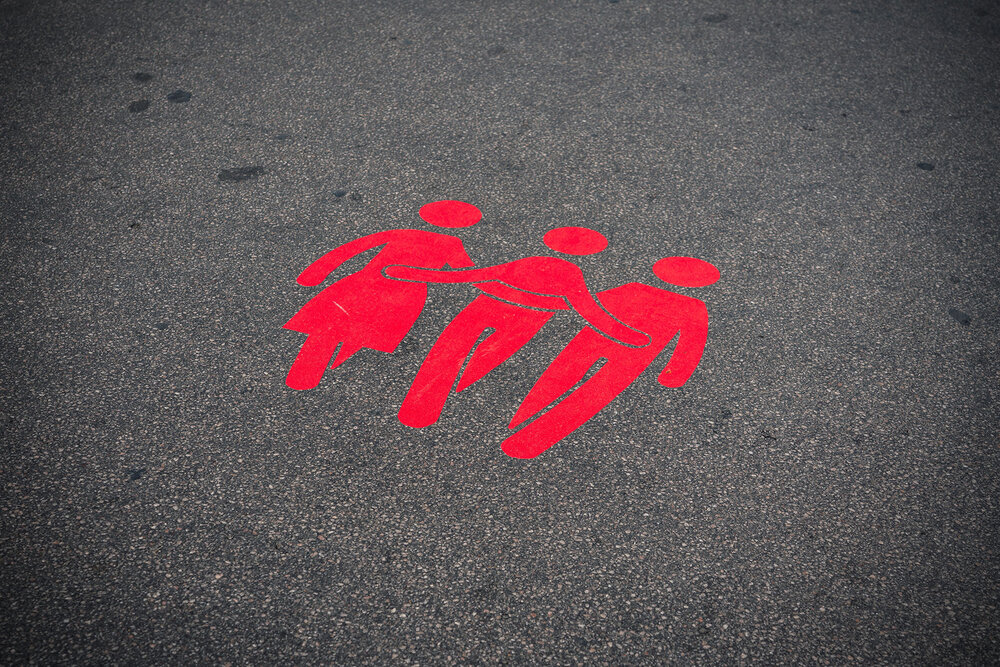In a world where religious persecution persists, creating safe havens for persecuted Christians has become an imperative mission for many organizations and communities. These safe spaces provide refuge, support, and hope to individuals facing discrimination, violence, and displacement due to their faith. The development of such havens involves a multifaceted approach that includes collaboration, resource mobilization, and strategic planning. This article delves into the various aspects of how safe spaces for persecuted Christians are developed and sustained.
Understanding the Need for Safe Havens
The persecution of Christians is a distressing reality in many parts of the world. From violent attacks to systemic discrimination, many Christians face severe threats to their safety and well-being. According to Open Doors, an organization monitoring global Christian persecution, over 340 million Christians live in countries where they experience high levels of persecution. This grim statistic underscores the urgent need for creating safe spaces where these individuals can seek refuge and rebuild their lives.
The Role of Faith-Based Organizations
Faith-based organizations play a crucial role in developing safe havens for persecuted Christians. These organizations leverage their extensive networks, resources, and expertise to provide immediate relief and long-term support. Groups like Open Doors, Voice of the Martyrs, and the International Christian Concern work tirelessly to identify persecuted communities, assess their needs, and implement tailored assistance programs.
For instance, Open Doors operates a network of safe houses in countries where Christians face intense persecution. These safe houses offer a secure environment where individuals can find temporary shelter, receive medical care, and access educational opportunities. By working closely with local churches and community leaders, faith-based organizations ensure that these safe spaces are culturally sensitive and responsive to the unique needs of persecuted Christians.
Collaboration with Local Communities
Creating safe havens for persecuted Christians requires collaboration with local communities. Local churches, leaders, and volunteers are instrumental in identifying individuals at risk and facilitating their relocation to safe spaces. This grassroots approach ensures that the assistance provided is contextually appropriate and sustainable.
Local communities also contribute to the development of safe havens by offering their resources and support. For example, church members may volunteer to host persecuted Christians in their homes, provide transportation, or assist with administrative tasks. This collaborative effort not only strengthens the sense of solidarity but also empowers local communities to take an active role in protecting vulnerable individuals.
Securing Financial and Material Resources
The development and maintenance of safe havens for persecuted Christians require significant financial and material resources. Donations from individuals, churches, and philanthropic organizations are vital in funding these initiatives. Fundraising campaigns, sponsorship programs, and partnerships with international aid organizations help mobilize the necessary resources to support safe spaces.
In addition to financial contributions, material donations such as food, clothing, medical supplies, and educational materials are essential. Many faith-based organizations operate warehouses and distribution centers to manage and allocate these resources efficiently. By ensuring a steady supply of necessities, these organizations can provide persecuted Christians with a stable and supportive environment.
Ensuring Physical and Emotional Security
Safety is paramount when developing safe havens for persecuted Christians. Security measures must be carefully planned and implemented to protect residents from potential threats. This includes physical security measures such as secure facilities, surveillance systems, and trained security personnel. In regions where the risk of violence is high, these measures are critical in preventing attacks and ensuring the safety of residents.
Emotional and psychological support is equally important. Persecuted Christians often suffer from trauma and emotional distress due to their experiences. Safe havens provide access to counseling services, support groups, and spiritual guidance to help individuals cope with their trauma and rebuild their lives. By addressing both physical and emotional security, safe spaces can offer comprehensive support to persecuted Christians.
Advocating for Policy Changes
While providing immediate relief is crucial, addressing the root causes of persecution requires advocacy and policy changes. Faith-based organizations and human rights groups work to raise awareness about the plight of persecuted Christians and advocate for policy changes at national and international levels. This includes lobbying for the protection of religious freedom, seeking justice for victims of persecution, and promoting tolerance and coexistence.
Advocacy efforts also involve documenting cases of persecution and reporting them to international bodies such as the United Nations. By highlighting these issues on global platforms, organizations can pressure governments to take action and implement measures to protect religious minorities.
Conclusion
The development of safe havens for persecuted Christians is a complex and multifaceted endeavor that requires collaboration, resource mobilization, and strategic planning. Faith-based organizations, local communities, and international aid groups work together to provide refuge, support, and hope to those facing persecution. By ensuring physical and emotional security, advocating for policy changes, and empowering individuals through education and vocational training, these safe spaces offer a lifeline to persecuted Christians and help them rebuild their lives with dignity and hope.
Keep an eye for more news & updates on TribuneTribune!




